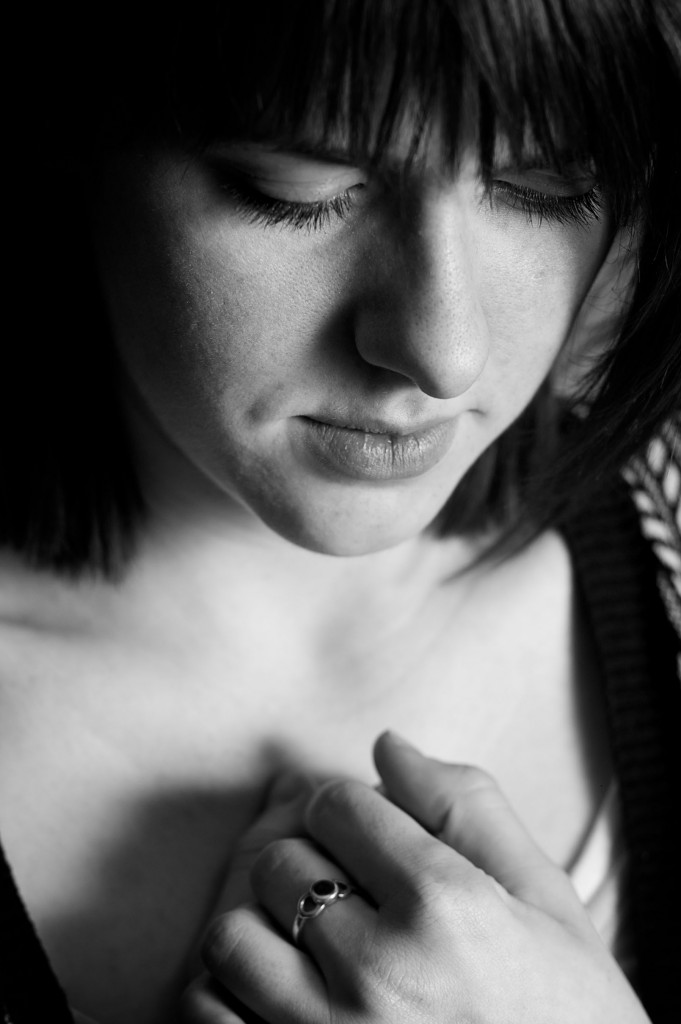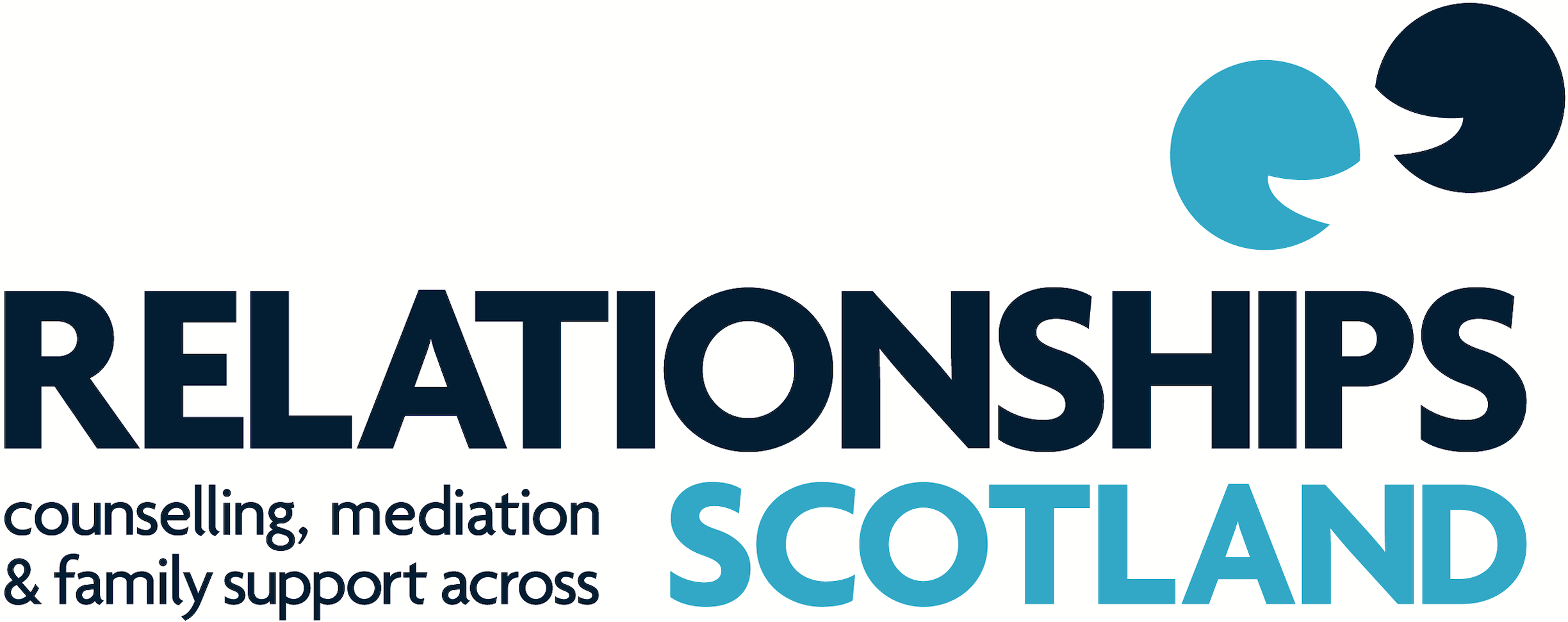
Postnatal depression, Victoria Beckham and early parenting
I just about fell over when I saw the front of OK! Magazine this week. A fab photo of Victoria Beckham and a story about how she got over PND (postnatal depression). Although I have written about antenatal and postnatal depression for a while now, I’ve never connected Victoria to it.
Here are the facts:
- Around 10% of new parents are affected by depression.
- Some women find they are depressed in pregnancy, again it’s thought to be 10%.
- Parents still find it difficult to seek the support and information they need. We know this as we did face-to-face research in 2010 with hundreds and possibly thousands of people at the SECC in Glasgow.
- Talking about depression or emotional difficulties is still thought to be the best “medicine”.
When parents are depressed, it affects every aspect of their lives. Often people find themselves isolated and as a new parent this only makes life even more difficult. So here are a few ideas to help new parents keep positive and healthy:
- Eat well. I mean three meals a day with fruit and vegetables (just in case you thought a bread stick will suffice). If you don’t have time to shop consider a delivery service. If you don’t eat well you wont feel well. Have a look at this nutrition advice from the NHS. Skipping meals is not a good idea, even if you are super busy.
- Rest. It’s quite normal for babies to wake up during the night. Even by nine months a proportion of babies will still be getting up. None of mine were great sleepers, but we coped. You can do a couple of things – get on with it or try to sort it. Consider how you put your baby to bed and whether your expectations are realistic. If you have a partner, perhaps take turns at getting up for the baby. They do sleep eventually, promise.
- Feeling low. This is common. I don’t know many parents who haven’t had a rough time at some point. I do, however, know many parents who wouldn’t admit it. So if you are feeling low, ask yourself whether you can help yourself or whether you need support. From there you can make choices and decisions to make you feel better.
- Join a group. It doesn’t really matter what it is as long as it’s of interest to you. Consider baby groups, massage for baby, coffee groups … the list goes on. You may also want to consider something that doesn’t include children, such as a fitness class or a mums’ group.
Going back to Victoria, I’m glad she has had the courage to speak out, albeit a few years later. I hope that women see that PND can affect anyone. Even if you are famous and living with David …
Some resources for help include SAMH and MIND.
